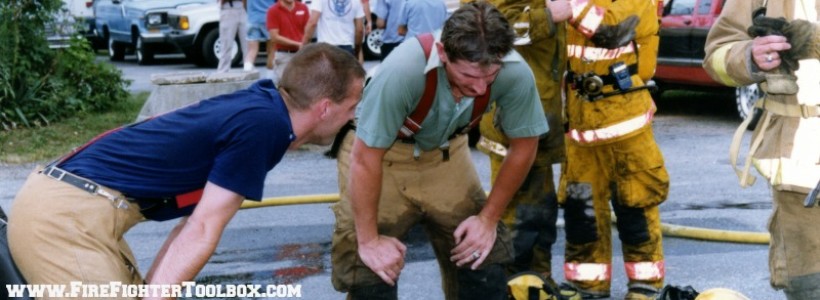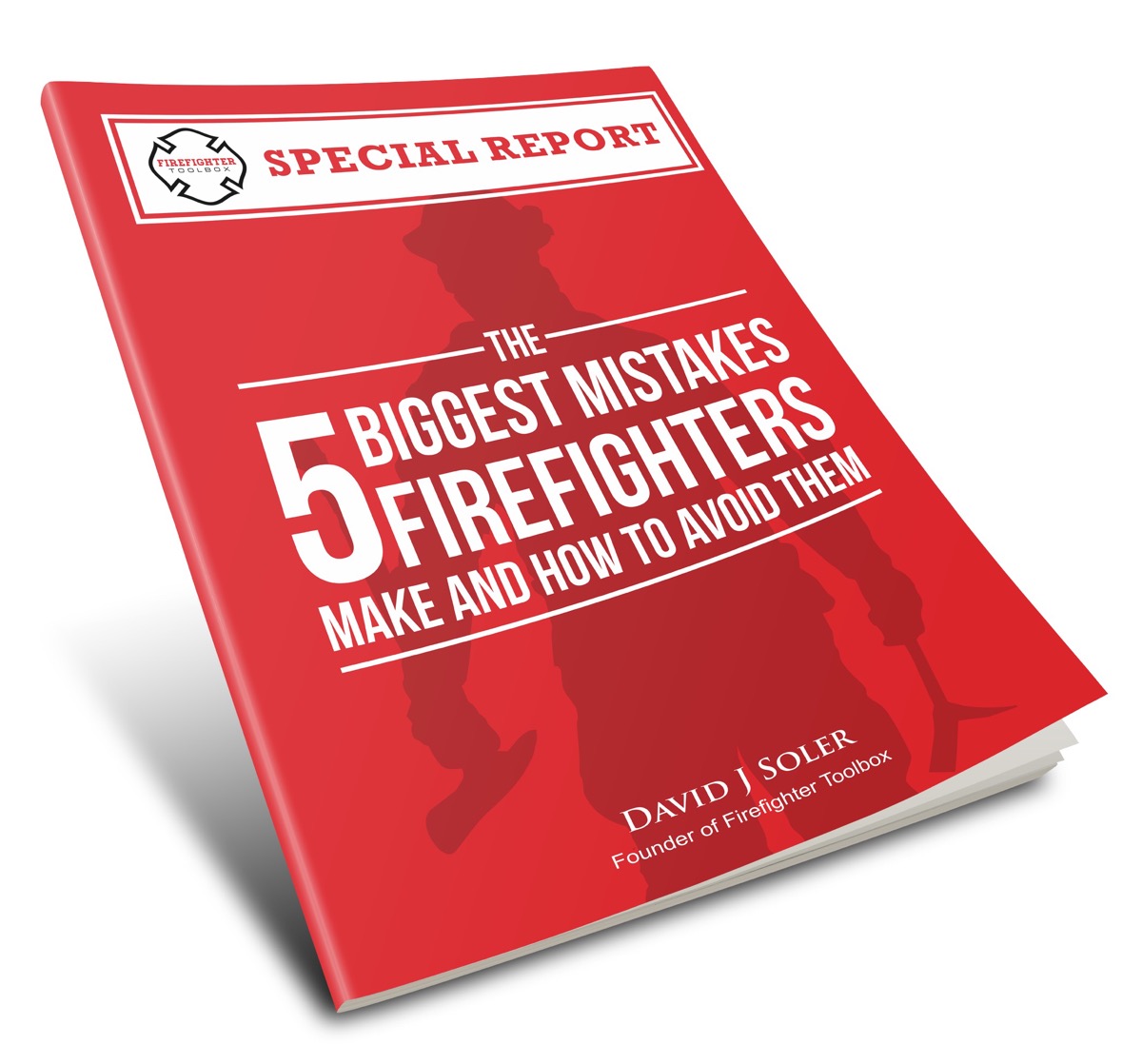5 Crucial Ways To Avoid A Cardiac Event for Firefighters: Part 1
As you probably know, cardiac events are the leading cause of death in the fire service. In the US fire service, the incidence of heart attack has only barely decreased in the past ten years, even with the emphasis on wellness in recent years.
Research shows that cardiac events among firefighters do NOT occur at random. Autopsies on firefighters who have died on duty of a cardiac related event (stroke or heart attack) reveal that almost all of the firefighters experiencing these events possess one or more of the risk factors for heart disease.
In my work with firefighters I’ve found that many do not know what the risk factors for heart attack are nor how likely they personally may be to die from a cardiac event on duty. So in this series Iím going to explain the 5 most important things firefighters must do to avoid suffering a cardiac event.
The 6 Risk Factors For a Firefighter Cardiac Event (Heart Attack)
The 6 risk factors for cardiac event (heart attack) are the same as those for heart disease. These 6 risk factors are:
1 – Hypertension (>140 systolic and/or >90 diastolic)
2 – Poor cholesterol (high LDL/total cholesterol and/or low HDL)
3 – Obesity
4 – Smoking
5 – High blood glucose/type II diabetes
6 – Inactivity/low aerobic fitness
Data For Firefighters Specifically
Data shows that for firefighters:
- Hypertension increases risk of a fatal cardiac event 12 times
- High cholesterol increases risk of a fatal cardiac event 4.4 times
- Obesity increases risk of a fatal cardiac event 2.2 times
- Smoking increases risk of a fatal cardiac event 8.6 times
- Diabetes increases risk of a fatal cardiac event 10.2 times
- The increased risk from being unfit/inactive is unknown but, since unfit members of the general population have a very high incidence of heart attack, it is suspected to be the greatest of all risk factors for firefighters.
Increased Risk For Firefighters
There are some other problems that firefighters face that make you even more susceptible to heart disease and heart attack than the general population: stress and sleep deprivation. Along with obesity and having a poor diet, these issues cause inflammation in the body which begins a cascade of events believed to majorly contribute to the progression of heart disease.
Since stress and sleep deprivation are often unavoidable consequences of the job of firefighting, you should do everything else you can to ward off heart disease. Keep reading over the next 5 weeks to find out what these are.
Read Part 2 Here (When Released)







Great article!!!
thanks Paul :)